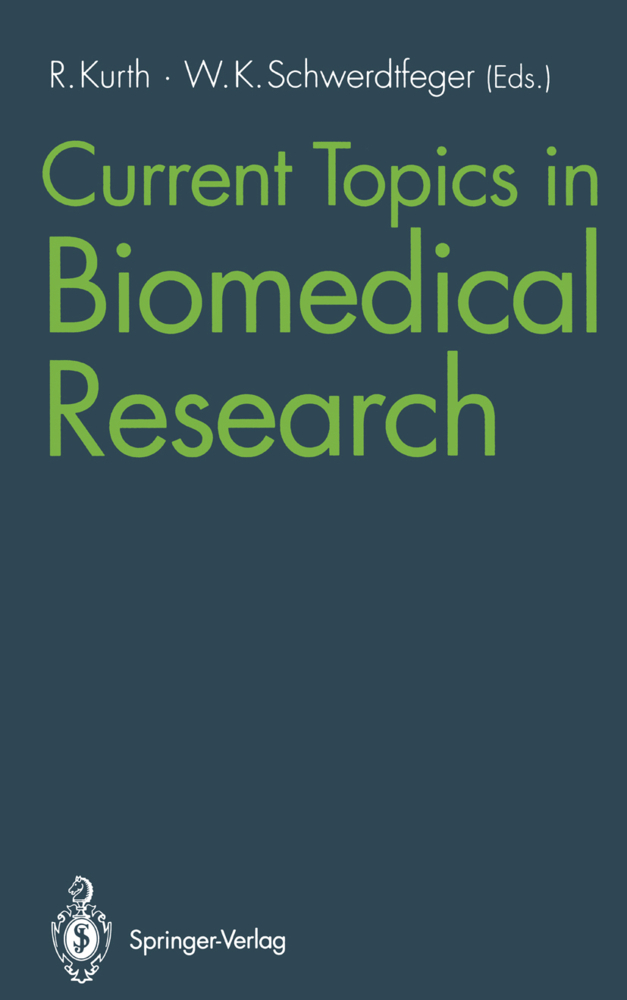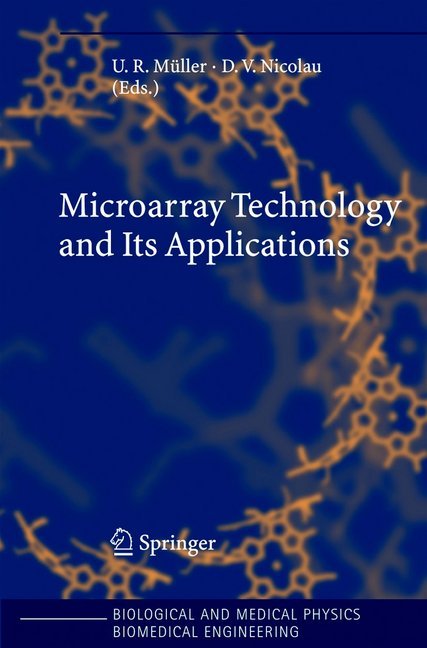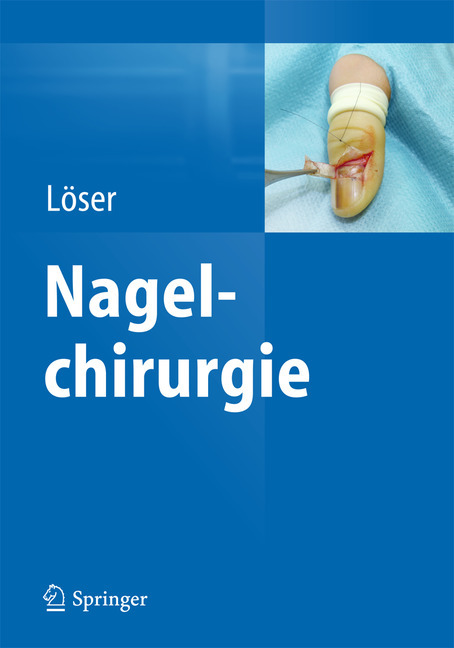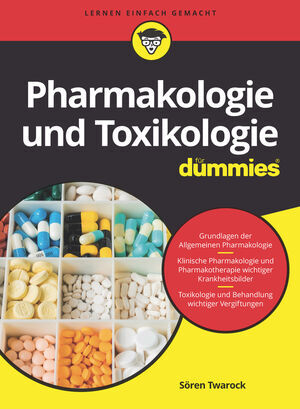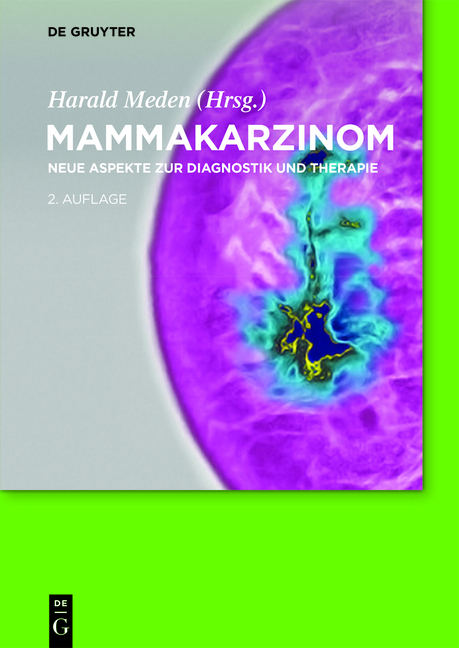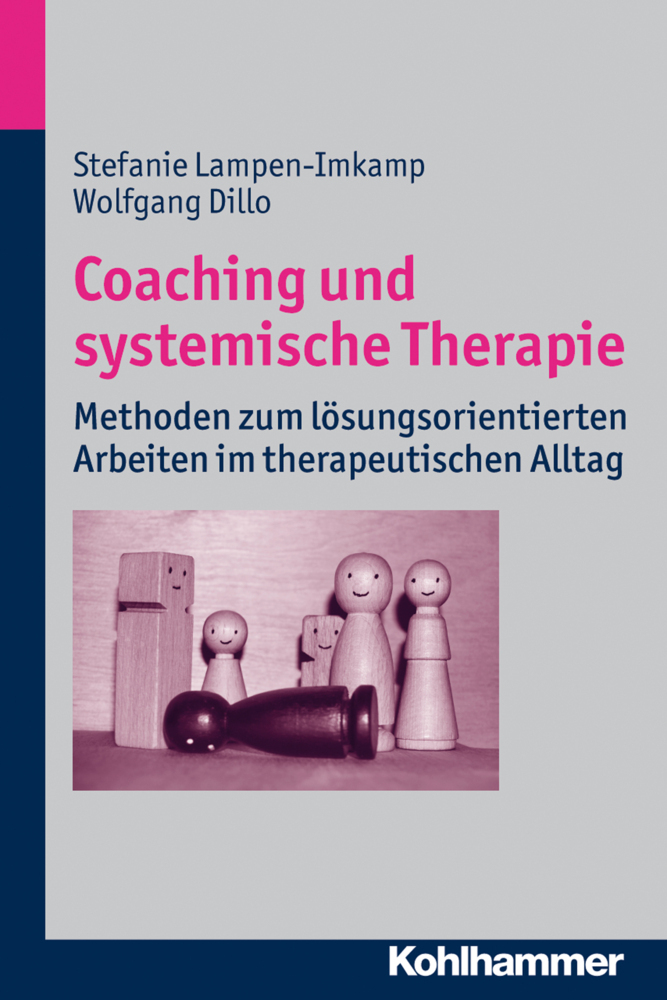Enzyme Technology
III. Rotenburg Fermentation Symposium 1982, Schloßhotel "Wilhelmshöhe" Kassel, 22nd-24th September 1982
Enzyme Technology
III. Rotenburg Fermentation Symposium 1982, Schloßhotel "Wilhelmshöhe" Kassel, 22nd-24th September 1982
The main subject of the "Ill. Rotenburger Fermentation Symposium" is enzyme technology. Enzyme technology could be simply defined as the scientific study of proteinaceous catalysts derived from living organisms and the application of the knowledge to solve specific problems. The scope of the application of enzyme technology ranges from medical to industrial uses and in the future even living organisms as a source of enzymes may be replaced by fully synthetic enzymes - "synzymes". Although enzyme technology still remains a particular field of biotechnology, the extremely rapid rate of expansion and the enormous increase in the diversifica tion of all aspects of enzyme technology during the immediate past has created a certain tendency to separate biotechnology and enzyme technology from each other. Certainly, those areas of biotechnology characterized by astounding advances are enzyme technology, bioreactor development and genetic manipula tion as related to biotechnological processes. However, a glance at many of the common problems of biotechnology and enzyme technology such as diffusion barriers, reactor design, mass transport, substrate or product inhibition pheno mena and the effect of physical-chemical parameters on process kinetics reveals that these two fields are inseparable with respect to research and application.
Industrial Enzymes - Present Status and Opportunities
Parameters Involved in Heterogeneous Biocatalysis
Unusual Catalytic Properties of Usual Enzymes
I. Enzyme Production
Purification and Characterization of Membrane-Bound Aldehyde Dehydrogenase from Acinetobacter calcoaceticus Grown on Long-Chain Alkanes
Application of the Recombinant DNA Technique to Enzyme Technology
Induction of Cellulases in Trichoderma reesei
Extracellular Acid Protease of Rhizopus rhizopodiformis
Enzymatic Halogenation of Allyl Alcohol to 2,3-Bromchloro-, Bromoiodo-, and Fluoroiodo-1- propanols: A Study at the Interface of Chemical and Enzymatic Catalyses
II. Cell Disintegration
Disintegration of Cells by Extrusion Under Pressure
Disintegration of Microorganisms in a 20 1 Industrial Bead Mill
III. Enzyme Purification
Enzymatic Activity Can be Recovered from Solvent-Denatured Catalase
Extractive Purification of Enzymes
IV. Soluble Enzymes: Application
Enzymic Developments in the Production of Maltose and Glucose
Enzymatic Polymerisation of Lignin
Application of Enzymes to Organic Synthesis
Preparation of Isotopically-Labelled Amino Acids with L-Methionine ?-Lyase
V. Immobilized Enzymes and Cells: Application
Use of the Enzyme Thermistor as a Flow Analyzer in Biotechnology
Prepararion, Properties and Possible Application of Coimmobilized Biocatalysts
New Development in the Field of Cell Immobilization - Formation of Biocatalysts by Ionotropic Gelation
Immobilized Enzyme and Cell Technology to Produce Peptide Antibiotics
VI. Enzyme Reactors and Process Design
Reaction Technology of the Enzymatically Catalyzed Production of L-Alanine
Development of a Tubular Recycle Membrane Reactor for Continuous Operation with Soluble Enzymes
Kinetically vs. Equilibrium-Controlled Synthesis of C-N Bonds in ?-Lactams and Peptides with Free and Immobilized Biocatalysts
Kinetics and Thermodynamics of Reactions Catalyzed by Penicillin Acylase - Type Enzymes.
Opening Lectures
Enzyme TechnologyIndustrial Enzymes - Present Status and Opportunities
Parameters Involved in Heterogeneous Biocatalysis
Unusual Catalytic Properties of Usual Enzymes
I. Enzyme Production
Purification and Characterization of Membrane-Bound Aldehyde Dehydrogenase from Acinetobacter calcoaceticus Grown on Long-Chain Alkanes
Application of the Recombinant DNA Technique to Enzyme Technology
Induction of Cellulases in Trichoderma reesei
Extracellular Acid Protease of Rhizopus rhizopodiformis
Enzymatic Halogenation of Allyl Alcohol to 2,3-Bromchloro-, Bromoiodo-, and Fluoroiodo-1- propanols: A Study at the Interface of Chemical and Enzymatic Catalyses
II. Cell Disintegration
Disintegration of Cells by Extrusion Under Pressure
Disintegration of Microorganisms in a 20 1 Industrial Bead Mill
III. Enzyme Purification
Enzymatic Activity Can be Recovered from Solvent-Denatured Catalase
Extractive Purification of Enzymes
IV. Soluble Enzymes: Application
Enzymic Developments in the Production of Maltose and Glucose
Enzymatic Polymerisation of Lignin
Application of Enzymes to Organic Synthesis
Preparation of Isotopically-Labelled Amino Acids with L-Methionine ?-Lyase
V. Immobilized Enzymes and Cells: Application
Use of the Enzyme Thermistor as a Flow Analyzer in Biotechnology
Prepararion, Properties and Possible Application of Coimmobilized Biocatalysts
New Development in the Field of Cell Immobilization - Formation of Biocatalysts by Ionotropic Gelation
Immobilized Enzyme and Cell Technology to Produce Peptide Antibiotics
VI. Enzyme Reactors and Process Design
Reaction Technology of the Enzymatically Catalyzed Production of L-Alanine
Development of a Tubular Recycle Membrane Reactor for Continuous Operation with Soluble Enzymes
Kinetically vs. Equilibrium-Controlled Synthesis of C-N Bonds in ?-Lactams and Peptides with Free and Immobilized Biocatalysts
Kinetics and Thermodynamics of Reactions Catalyzed by Penicillin Acylase - Type Enzymes.
Lafferty, R. M.
B.-Braun-Melsungen-AG
Maier, E.
| ISBN | 978-3-540-12479-5 |
|---|---|
| Artikelnummer | 9783540124795 |
| Medientyp | Buch |
| Copyrightjahr | 1983 |
| Verlag | Springer, Berlin |
| Umfang | XI, 316 Seiten |
| Abbildungen | XI, 316 p. |
| Sprache | Englisch |


